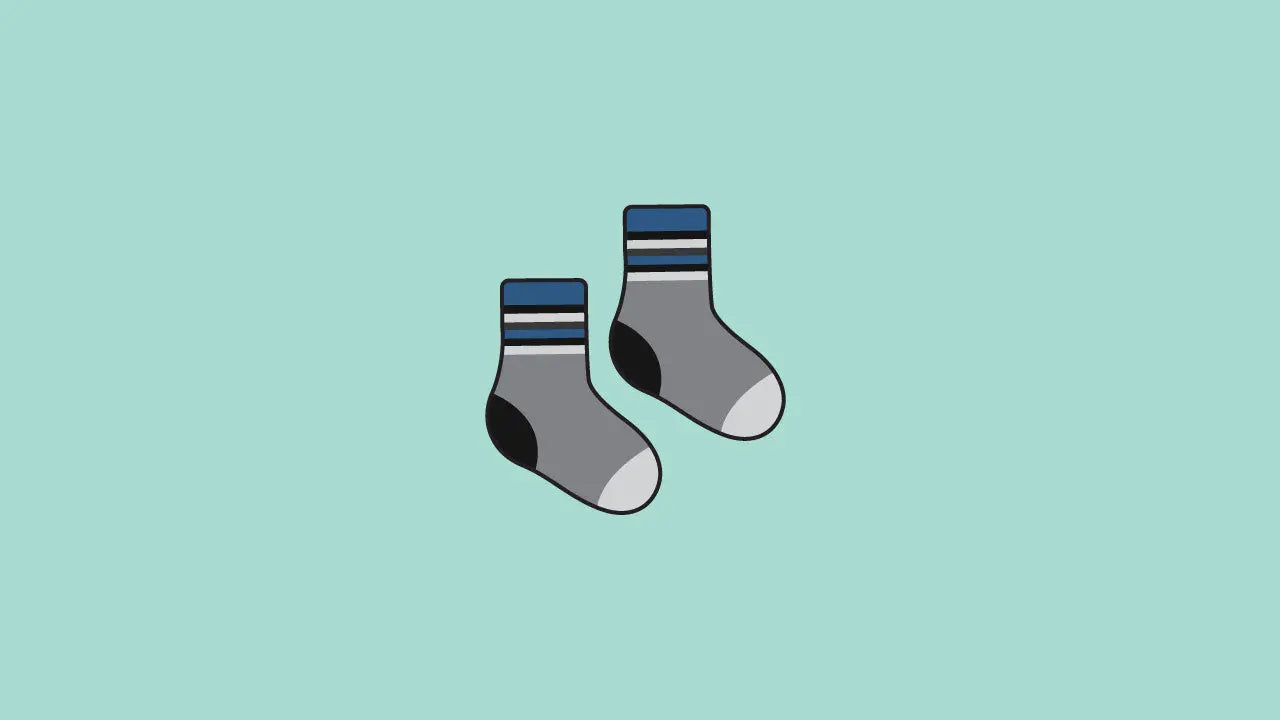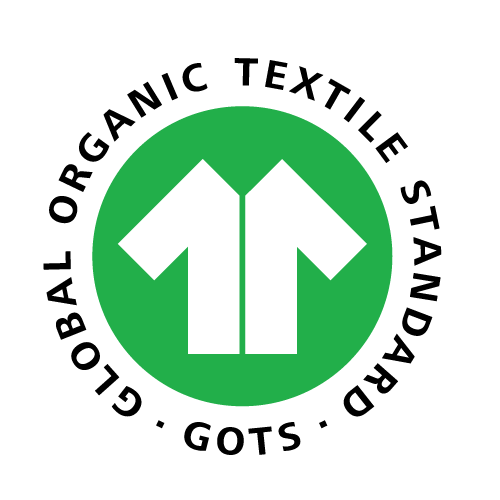For many children and adults suffering from eczema, finding the right clothing choices can be a challenge and figuring out exactly what triggers flare ups can be nearly impossible!
In this post we will cover what fabrics to avoid if your or your baby are suffering from eczema. We will also debunk the wool allergy myth as well as cover why Merino wool in particular may be suitable for eczema skin!
What fabrics cause eczema/skin irritation?
Not surprising, that the worst culprits of skin irritation such as dermatitis and eczema are synthetic fibers such as polyester and nylon due to lack of breathability and added chemicals.
Babies are especially prone to skin irritations because their skin barrier is thinner, and therefore, more sensitive. They may get contact dermatitis from chemicals or fibers in their clothing and blankets.
Am I allergic to wool socks?
In the past it was thought that wool was an allergen, and that people with eczema should avoid it. Parents may avoid using wool on their children because they’ve heard it’s an allergen. However, one small study found that merino wool actually produced less irritation in infants than cotton clothing!
While traditional wool may feel itchy to many, true wool allergies are rare! In fact as allergy testing became more common, many people had negative results for wool. This frequent finding led some researchers to propose that wool allergy was a myth and to begin to look for other factors that might be causing the symptoms.
Is merino wool good for eczema?
Merino wool has many qualities that make it safe for eczema sufferers. Merino wool has a super fine fiber diameter and is much softer than traditional wool. Plus it is moisture wicking, breathable, and temperature regulating. For more on the amazing properties of merino wool click here.
Keeping moisture and sweat off of skin and allowing the skin to breathe are two of the best ways to alleviate eczema symptoms. And because merino wool is a natural fibre, it doesn’t contain all the skin irritating chemicals found in synthetic materials (such as polyester), making it suitable for children and adults with eczema.
Additionally, the Lanolin in merino wool is naturally occurring and provides antimicrobial and antibacterial properties to the wool. This helps to keep the skin clean and avoid infections. Therefore, merino wool socks are great for other skin conditions like athletes' feet caused by sweat and bacteria.
Does wool smell bad?
Merino wool has many amazing qualities and odor reduction is one of them! Merino wool is unique in that it absorbs odor caused by bacteria, trapping the odor and keeping it from building up. Meaning that you can wear merino wool socks for longer without having to worry about the smell.
What is ZQ merino wool?
Q for Quinn wool socks are made from ZQ certified merino wool, blended with Tencel. ZQ wool is ethical wool with no mulesing. The sheep producing the wool are humanely treated, well fed, live natural and healthy lives, which means you’re also getting fibre of the very highest quality and performance.
Tencel is a soft, smooth fiber made from sustainable wood. We believe that this blend is what gives our wool socks the softest feel, performance and durability!
Head to our merino wool blog post to learn more about this amazing blend of fibers!
Our Eczema Journey
At Q for Quinn we have always made soft organic cotton socks for your little ones. And we have heard many wonderful stories from our customers about our cotton socks helping their sensitive eczema skin.
Our merino wool socks are newer and we are doing more research on whether these are more suitable for babies with eczema. If you have any experience with our wool socks and kids with eczema please reach out to us at hello@qforquinn.com. We would love to hear from you!
Browse our Merino Wool Collection:
What makes our Merino Wool collection unique?













Leave a comment